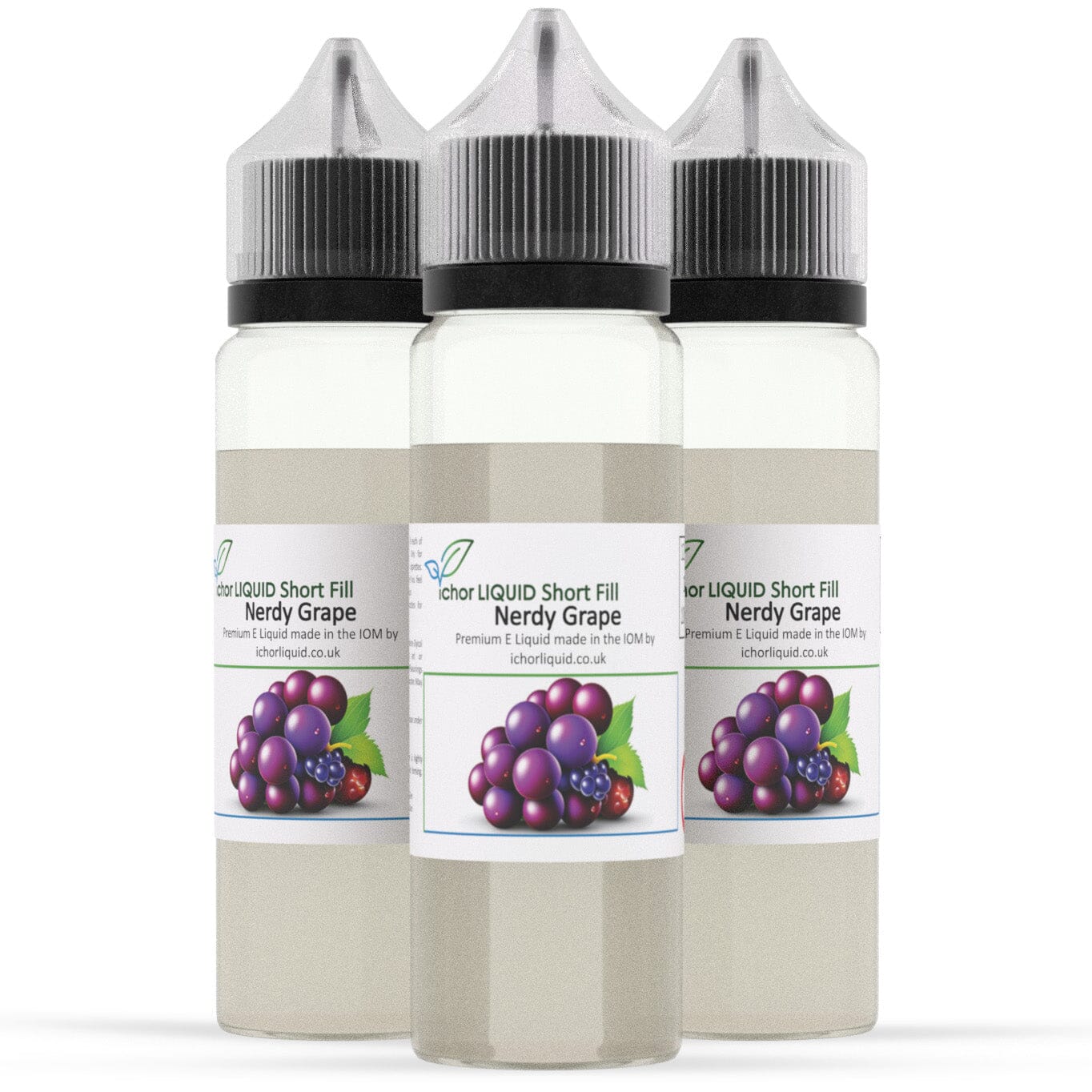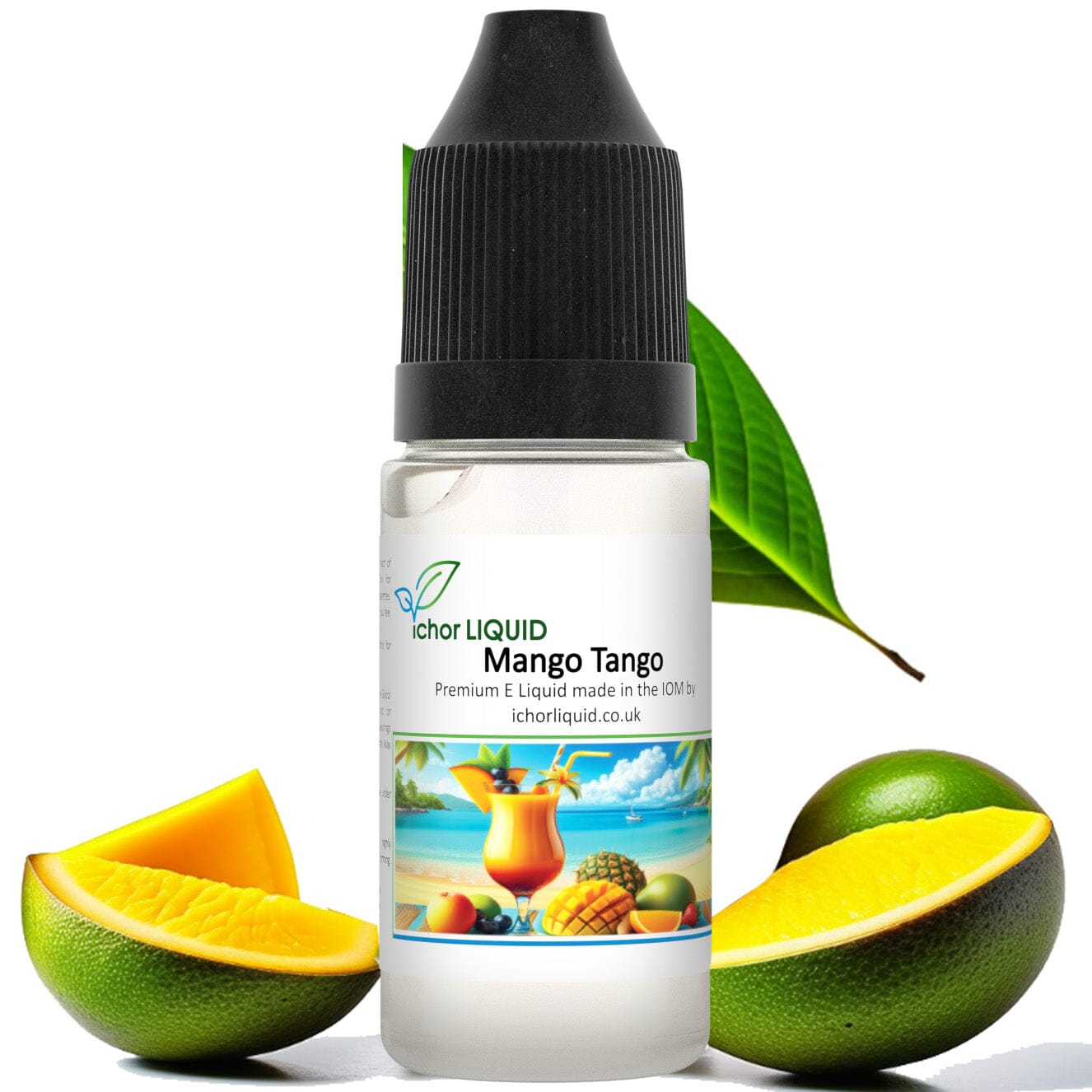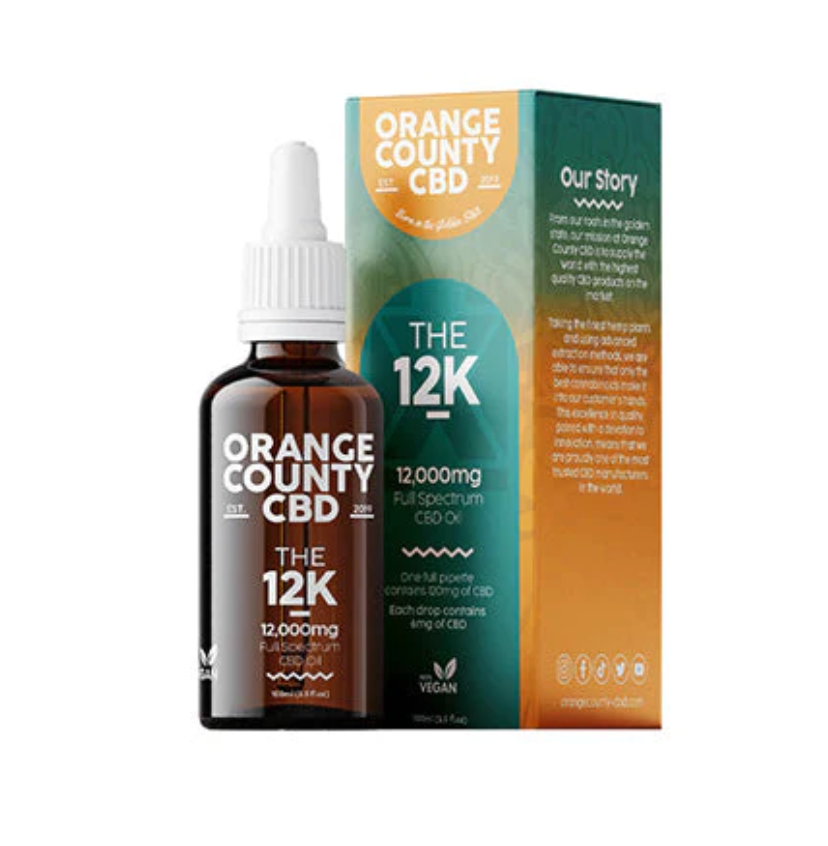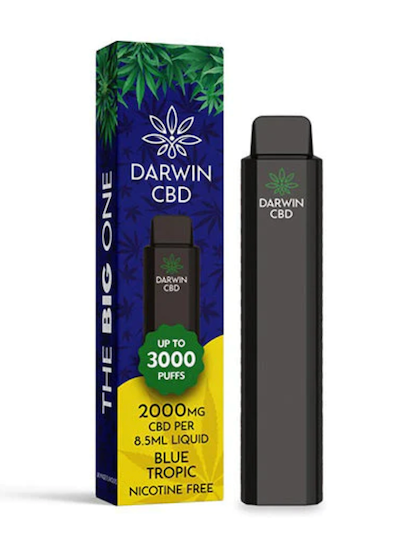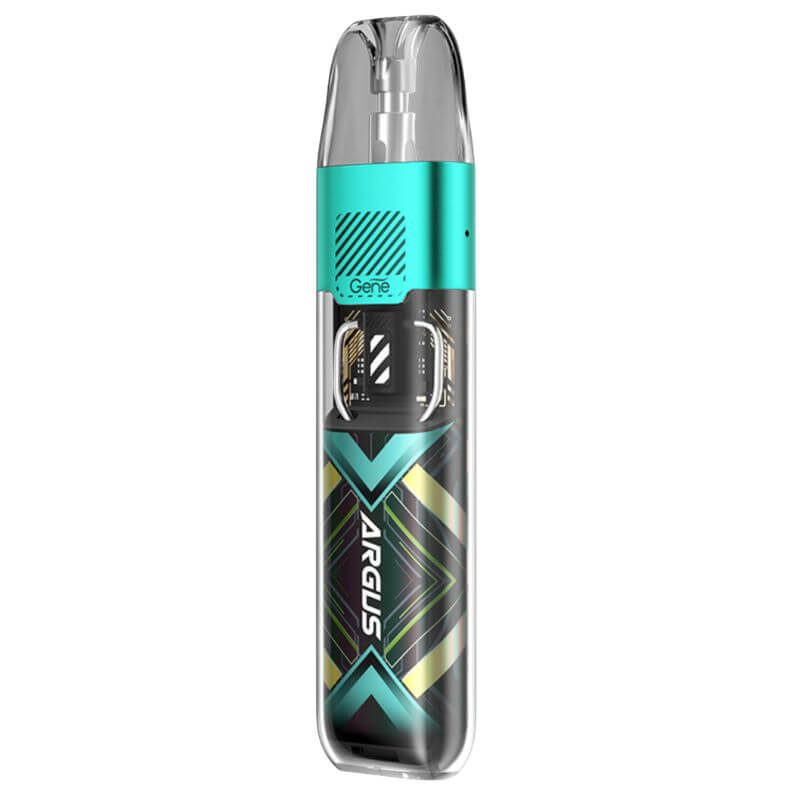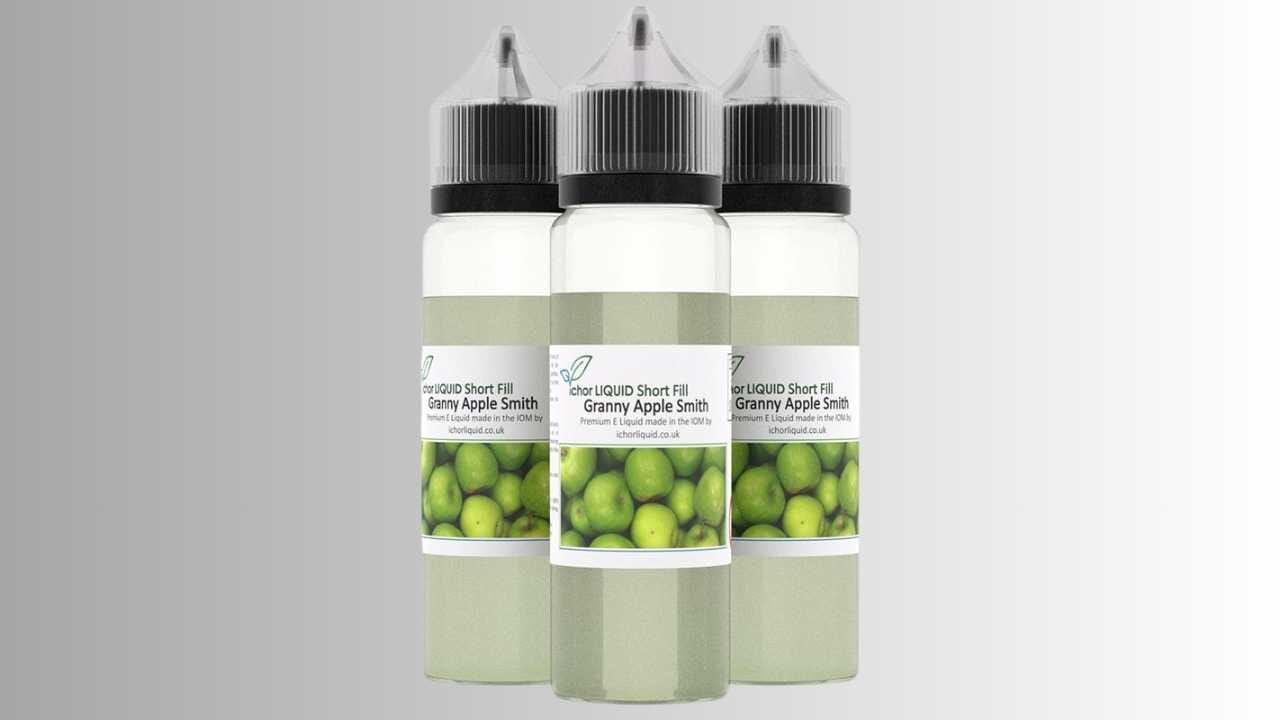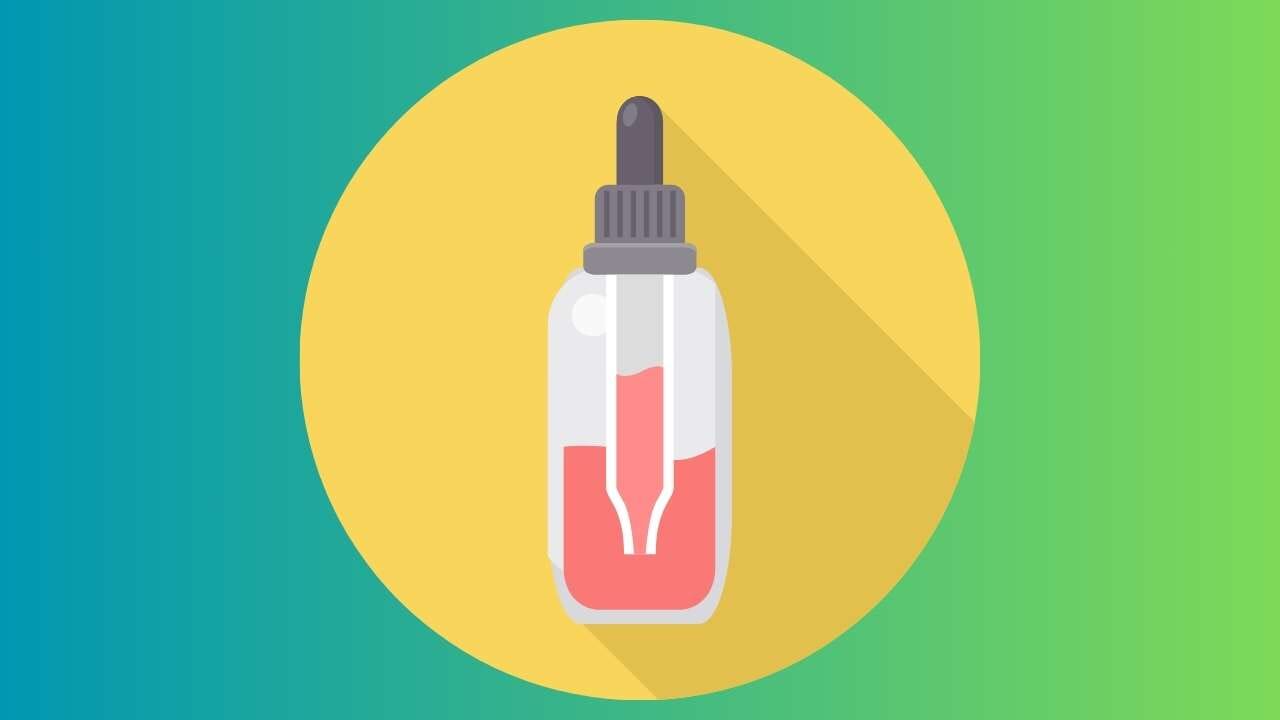What is Propylene Glycol
Propylene glycol is a clear, colourless liquid that has no smell or taste. It is a chemical produced by adding propylene oxide with water. Glycol can be used as a stabilizer, to keep foods moist and can be found in many of the foods we eat on a daily basis. Industrial grade Propylene Glycol is used as one of many ingredients to make non-toxic antifreeze and de-icing products for automobiles as well as solvents for the plastic and paint industries. Speculation from the media warning against Propylene Glycol as a safe ingredient, is derived from it's use as part of the ingredient for anti-freeze, however, as to be expected, the media fails to mention it’s for a “non-toxic” antifreeze (scroll to Propylene glycol) and therefore can be considered a scare tactic used to misinform electronic cigarette users. Note: Ichor Liquid e Liquids do not contain Propylene Glycol unless stated clearly or chosen as a mix percentage in the e liquid options.

Why is it used?
Because of it's water retaining properties, Propylene Glycol is the certified choice for delivering atomized medication through the use of inhalers or nebulizers. A typical application in this example would be medication for asthma sufferers.
In e liquid, propylene glycol allows atomization to take place at a substantially lower temperature than that necessary of tobacco smoking and will help deliver the nicotine far more effectively than vegetable glycerine when inhaled.Propylene Glyocal:
- stabilizes insoluble fluids or emulsifies
- Is a solvent
- Is an excipient (binds and transports other compounds)
- Contains and dissolves active ingredients equally
- Attracts/holds water/moisture
- Lowers the freezing point
- Increases the boiling point
- Offers outstanding stability with high flash and boiling points
Propylene Glycol in food is used to:
- Act as the base food flavourings or colour dyes
- Make drinks, cookies, cakes, candy
- Thicken, clarify or stabilize food and beverage such as beer, salad dressings or baking products
Is used commercially to:
- Retain flavours in food and beverage
- Produce cosmetics such as: body lotions, facial creams, lipsticks and deodorant
- Stabilize foams used within the healthcare industry
- Help retain moisture in livestock feed
- Act as the base for active ingredients such as vaccines, cough syrups etc
Is used industrially:
- As an Antifreeze ingredient for automobiles
- As an De Icing ingredient for windows
- As a liquid detergent ingredient
- As a base for paints and coatings

